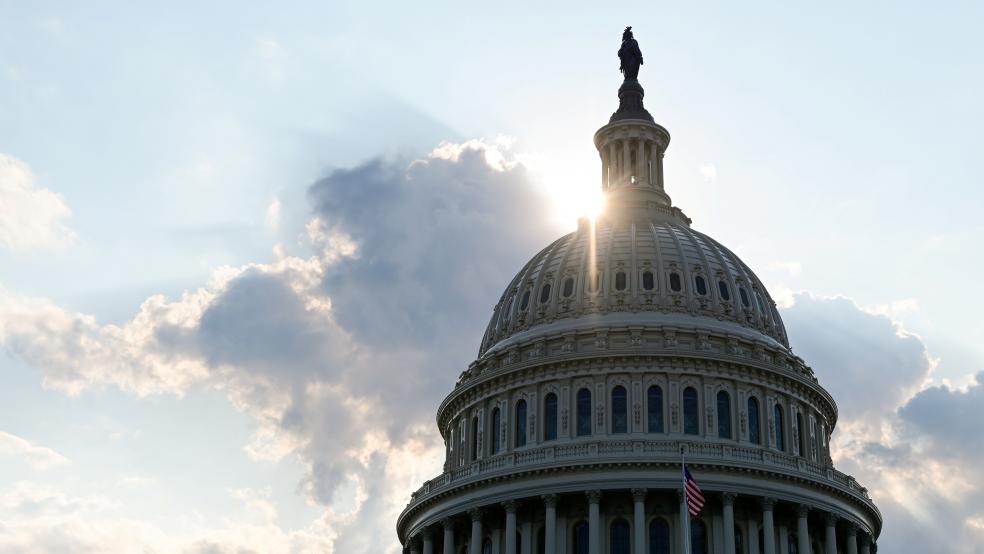While serious negotiations on the next possible coronavirus stimulus package won’t begin until Congress returns to Washington on July 20, some analysts think the strong June jobs report may make it easier for Republican lawmakers and the White House to limit its size and scope.
Treasury Secretary Steven Mnuchin signaled that the White House recognizes that the recovery is not complete, saying “our work is not done” at Trump’s news conference. But White House adviser Stephen Moore told The Washington Post Thursday that the strong report makes it less likely that the administration will back a $2 trillion to $3 trillion stimulus package along the lines proposed by Democrats. Moore also said resistance to extending a big boost to unemployment benefits has also probably grown stronger.
Still, some kind of package is likely to move forward. Bloomberg has a rundown on what the package could include:
* More aid for business: Lawmakers are debating another extension for the Paycheck Protection Program, which provides forgivable loans to small businesses, or potentially reprogramming its unused funds – as much as $130 billion – for other kinds of assistance. Mnuchin has said that he would like to aid more clearly targeted at businesses that need help. And the administration continues to push for tax breaks to promote hiring and consumption.
* Unemployment benefits: Democrats want to extend the $600 per week boost to unemployment benefits, but Republicans say they want it to end as scheduled at the end of this month, charging that it motivates workers to stay unemployed. A compromise could be worked out, providing some kind of enhanced benefits at a lower level.
* Checks for households: Democrats have proposed another round of $1,200 per adult stimulus checks, and President Trump said this week that he would like to see an even larger amount. But Republican lawmakers are skeptical, and depending on the economic data, they could sink any effort to provide more direct aid to households.
* Employer liability: Senate Majority Leader Mitch McConnell (R-KY) wants to protect employers from lawsuits related to the coronavirus. “Any bill that passes the Senate will have liability protections in it,” McConnell said earlier this week. “This is liability protections for everyone … everybody who interacted with this pandemic. Unless you’re grossly negligent or intentionally engaged in misconduct, we’re going to see to it that you don’t get sued on top of everything else you’ve had to deal with in trying to get through this.” The White House has also said it wants to see formal limits on liability, but House Speaker Nancy Pelosi (D-CA) has said she would oppose any effort to provide broad immunity for employers.
* State and local aid: Democrats say that state and local governments need about $1 trillion in aid, likely far more than Republicans would consider. While the White House and GOP lawmakers say they are willing to consider some aid, any eventual compromise would likely well short of what governors and local leaders say they need.
Writing at the Washington Post Thursday, Catherine Rampell highlighted the potential importance of such aid. State and local governments are already cutting back on spending, creating more downward pressure on employment and economic growth. “Unless federal aid comes through soon, expect huge new public-sector layoffs and service cuts in the months ahead, followed by knock-on job losses in the private sector,” Rampell said.




